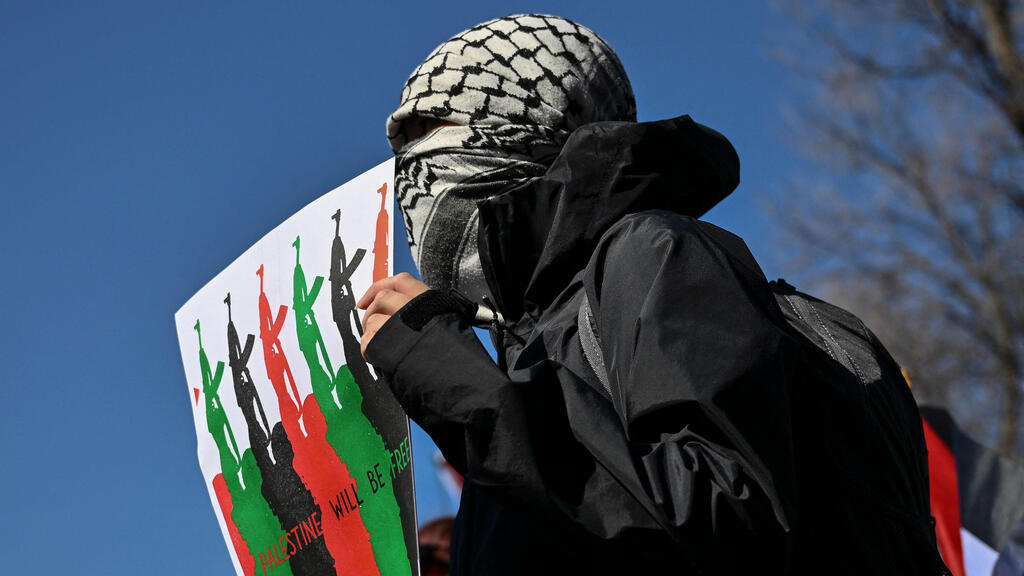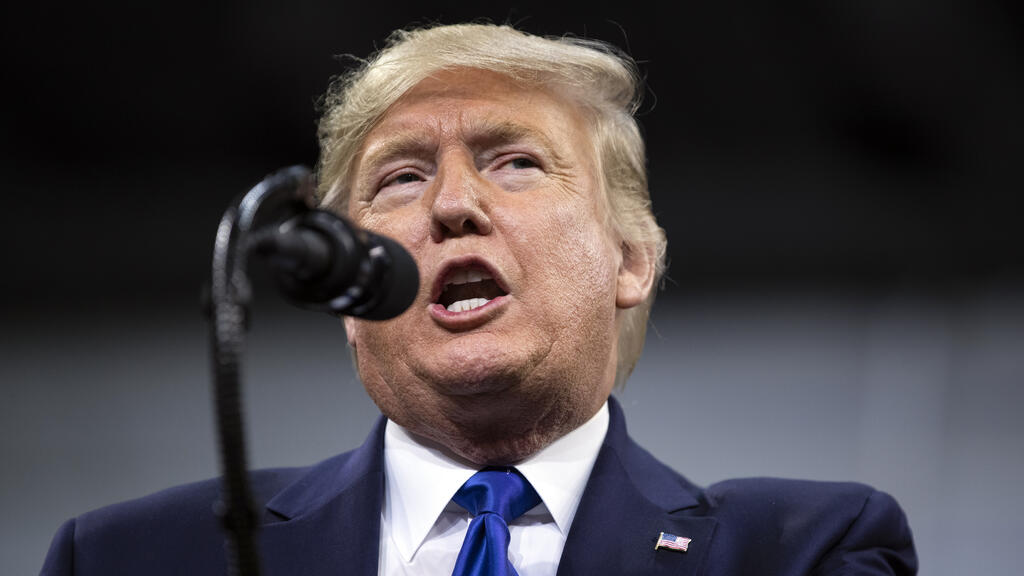Getting your Trinity Audio player ready...
Pulitzer Prize-winning journalist Judith Miller, who has spent nearly five decades covering the Middle East, described the October 7 Hamas attack on Israel as an unprecedented event that deeply affected not only Israel but also American Jews. Despite her extensive experience covering wars and conflicts in the region, she said she had never witnessed anything like it.
"I had never seen, in all the wars, all the fighting, all the slurs, and the misery, anything like October 7. And I think it had a profound effect, not only on anyone who knows the Middle East and has covered the Middle East but also on all American Jews," Miller told Ynet in an interview.
Judith Miller in Ynet interview
After visiting Israel in March and seeing the aftermath of Hamas’ murderous rampage firsthand, including the devastated kibbutzim and the site of the Nova music festival massacre, Miller said the reality of the attack became even more shocking.
Miller, who has long believed that resolving the Palestinian issue was central to achieving peace in the region, said the events of October 7 altered her view on the viability of a two-state solution.
"I now believe that... there's not going to be a two-state solution anytime soon. It's just a non-starter," she said. "After October 7, it's going to take a long, long, long time for the pain and the suffering to subside."
Miller also expressed concern about Israel's declining support among young Americans, particularly on college campuses. She noted a significant shift in perception, where Israel is increasingly seen as an aggressor rather than a victim.
"Younger Jews — and a lot of them — but definitely younger non-Jews, see Israel not as David, but as the Goliath now," she said. "There's been a generation of kind of brainwashing that Israel is a neo-colonialist state intent on persecuting and driving out Palestinians."
She stressed the challenge this poses, particularly for American Jews who strongly support Israel. "Israel has lost this battle among younger Americans. And it's a huge challenge, especially for American Jews who trust Israel, believe in Israel and believe in the inseparability of Jews from Zionism," she said.
Miller warned that the growing divide among young Americans, coupled with shifting U.S. political dynamics, could further complicate Israel's standing in the long run. She also cautioned against assuming that President Donald Trump, despite his pro-Israel rhetoric, would be a reliable ally in a potential conflict with Iran.
"I don't think you can count on Donald Trump being on [Netanyahu's] side," she said, adding that Trump’s isolationist tendencies and transactional approach to foreign policy make him unpredictable.
She argued that the real solution to the Iranian nuclear threat lies not in military strikes but in supporting Iranian efforts for regime change. "If you have a change of regime, you have a chance of ending the nuclear program," she said.
"Even a military strike... I'm not sure it would destroy the program. It can set it back, that's for sure and that would be a good thing. But the only solution to an Iran that doesn't want a nuclear weapon is not military action, which I fear would build support for this unpopular regime, but is to get rid of the regime."
Miller, who spent years as a journalist at The New York Times and later at Fox News, voiced concern over the erosion of democratic institutions in both the U.S. and Israel.
"When your confidence in your institutions collapses, democracy is in danger," she said. "President Trump has gone on an all-out campaign to weaken the credibility and support for these vital institutions, especially the press."
She defended the role of journalists, recalling Thomas Jefferson’s assertion that democracy cannot function without a free press. "He calls us scum. He calls us the worst people in the world. But as Thomas Jefferson said, try to run a democracy without us. You can't."
Looking at Israel’s regional relationships, Miller expressed confidence in the durability of the peace agreement between Israel and Egypt, citing mutual security interests. However, she voiced greater concern about Jordan’s stability, given the large Palestinian population and regional turmoil.
"Jordan is in great danger," she said. "And I think my country should do more to make sure that that regime is stable and secure."
Miller also stressed that once the war in Gaza winds down, Israel must conduct a thorough review of its security failures on October 7. "Israel really needs to have a reckoning and a deeper understanding of what happened on October 7. Some of the people responsible for it should be held accountable but I don't think all of them have been."
As Israel and the U.S. navigate the fallout from October 7, Miller's reflections underscore the deep challenges ahead, both in terms of security and public perception.
Get the Ynetnews app on your smartphone: Google Play: https://bit.ly/4eJ37pE | Apple App Store: https://bit.ly/3ZL7iNv






